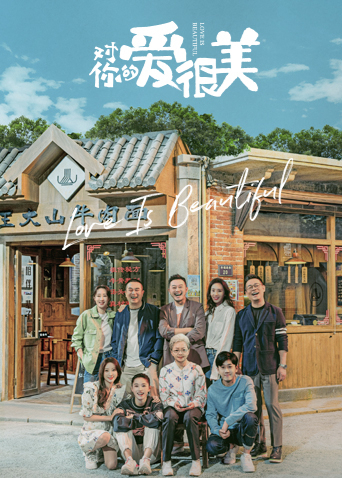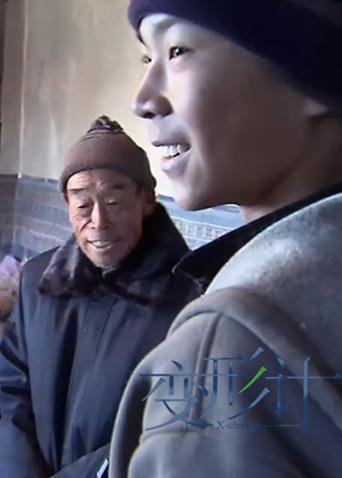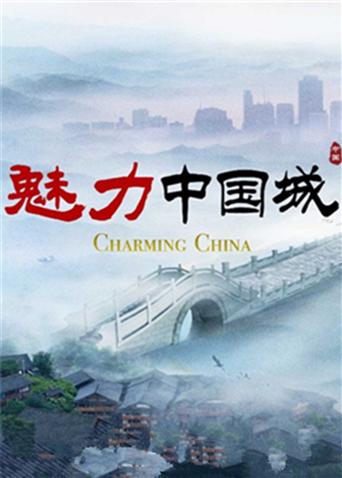故事讲述了一个足球家庭几代人之间因足球而引起的故事;足球明星邓其锋因足球观念的不同而违背培养他成才的教练兼岳父,精品而被岳父封杀开除,精品并落下叛徒的名声后离开省球队,妻子与其离婚。邓其锋回到家乡后成为家乡某学校的一名足球教练。十年后,女儿小鸽子为解开别人喊她叛徒的孩子的疑惑,孤身一人去小城市寻找爸爸,了解当年事情原由;在与爸爸相处的过程中对爸爸有了新的认识,并在爸爸的教导下对足球观念与体育精神有了新的理解;小鸽子最终原谅了父亲,并设法化解了与外公间的矛盾。

故事讲述了一个足球家庭几代人之间因足球而引起的故事;足球明星邓其锋因足球观念的不同而违背培养他成才的教练兼岳父,精品而被岳父封杀开除,精品并落下叛徒的名声后离开省球队,妻子与其离婚。邓其锋回到家乡后成为家乡某学校的一名足球教练。十年后,女儿小鸽子为解开别人喊她叛徒的孩子的疑惑,孤身一人去小城市寻找爸爸,了解当年事情原由;在与爸爸相处的过程中对爸爸有了新的认识,并在爸爸的教导下对足球观念与体育精神有了新的理解;小鸽子最终原谅了父亲,并设法化解了与外公间的矛盾。


回复 :出品单位 北京星光梦工场国际影视文化四年朝夕相处的大学生活,让故事主人公钢琴师李俊峰和林以轩彼此相爱了。正当他们憧憬着美好的未来时,李俊峰因救人不幸一条腿被车轧断。不愿拖累以轩的李俊峰悄然离开,遇到了与瘫痪母亲相依为命的十三岁女孩乐乐,并被她的坚强和乐观的精神所感动。两年后,林以轩终于看到了正在爱心慈善晚会上演唱的李俊峰。他们发现,各自仍深爱着对方……
回复 :电影讲述了中国知名林业专家、河北农业大学教授李保国三十五年如一日扎根太行山,用尽一生把科技和富裕带给农民的故事。影片从1996年开始讲起,当时的农村经济和农业知识普遍落后,李保国决心进入河北岗底帮助农民,在农民对他的质疑中,一次次给村民们立着军令状,推广新技术,帮农民搞产业,为农民打品牌,帮着农民进行产业升级,最终感动了农民,使得农民们富裕了起来。同时,作为一名农业老师,李保国得知自己身患重病,他希望自己的学生陆超毕业后能够选择留在太行山传承他的思想和知识,继续扎根太行山帮助农民,而陆超最终被老师的精神所感动,努力成为和老师一样的人,帮更多的百姓脱贫致富。
回复 :The subtitle of Jean-Marie Straub and Danièle Huillet’s first feature, from 1965, “Only Violence Helps Where Violence Reigns,” suggests the fierce political program evoked by their rigorous aesthetic. The pretext of the film, set in Cologne, is Heinrich Böll’s novel “Billiards at Half Past Nine,” which they strip down to a handful of stark events and film with a confrontational angularity akin to Bartók’s music that adorns the soundtrack. The subtlest of cues accompany the story’s complex flashbacks. The middle-aged Robert Fähmel tells a young hotel bellhop of persecutions under the Third Reich; his elderly father, Heinrich, an architect famed for a local abbey, recalls the militarism of the First World War, when his wife, Johanna, incurred trouble for insulting the Kaiser. A third-generation Fähmel is considering architecture, just as the exiled brother of Robert’s late wife, returns, only to be met by their former torturer, now a West German official taking part in a celebratory parade of war veterans. Straub and Huillet make the layers of history live in the present tense, which they judge severely. The tamped-down acting and the spare, tense visual rhetoric suggest a state of moral crisis as well as the response—as much in style as in substance—that it demands.


